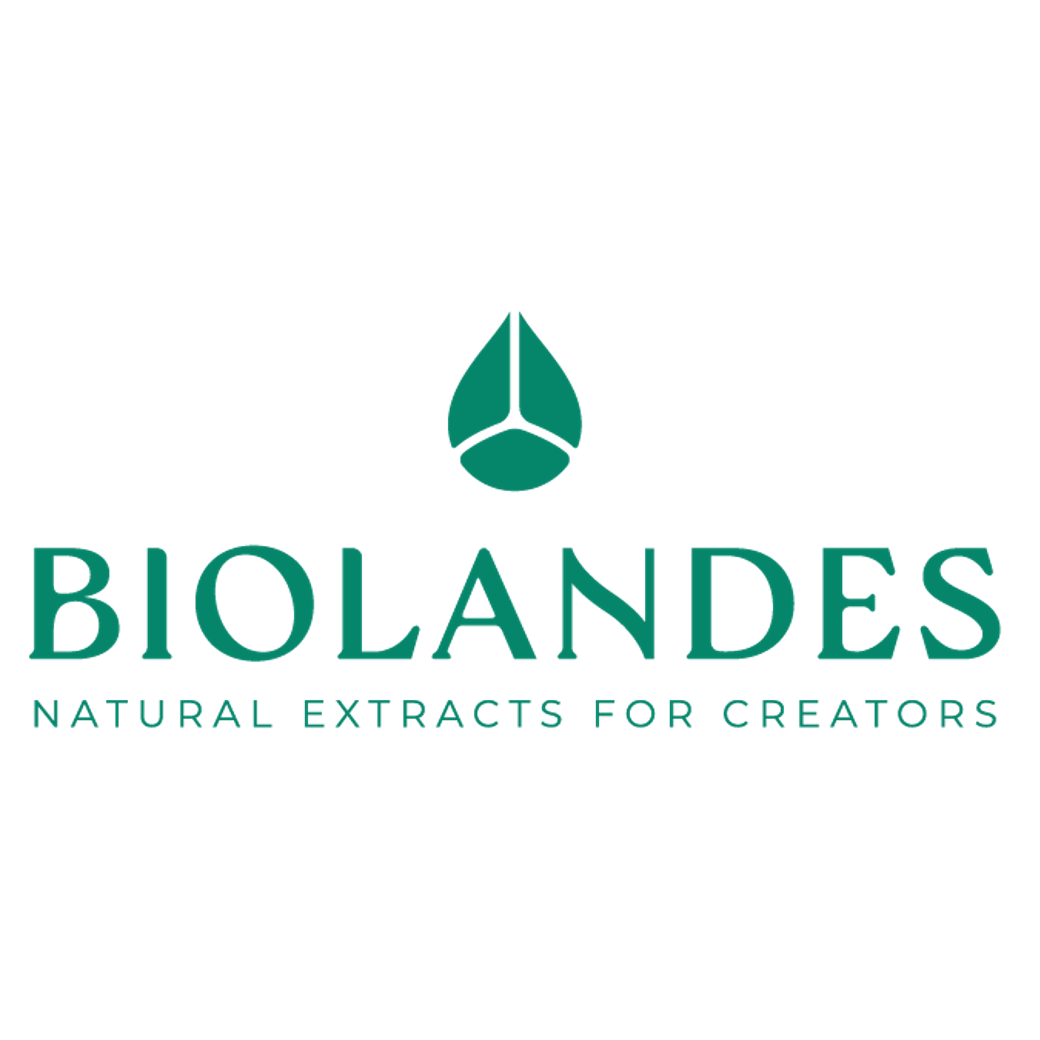Citronella Java EO
Naturelle
Floral > Rosy > Geranium > Citric

Crédits photo: ScenTree SAS
Latin name :
Cymbopogon winterianus Jowitt
Botanical profile :
Citronella is a herbaceous plant belonging to the Poaceae family and the cymbopogon genus, like lemongrass and palmarosa essential oils.
Geographic origin :
Data not available.
Chemotypes :
The genus Cymbopogon (the latin name is coming from the Greek kymbe, meaning boat, and pogon, meaning beard) includes nearly 60 species. Below is a list of the species used in perfumery.
Citronellas:
• Cymbopogon nardus (L.) Rendle - Citronella Ceylan EO, mainly found in Sri Lanka
• Cymbopogon winterianus Jowitt - Citronella Java EO, mainly found in Indonesia
• Cymbopogon pendulus - Citronella Jammu EO, mainly found in India
Lemongrass:
• Cymbopogon citratus (DC.) Stapf - West Indian lemongrass EO
• Cymbopogon flexuosus (Nees ex Steud.) W. Watson - East Indian lemongrass EO
Palmarosa:
• Cymbopogon martinii (Roxb.) J.F. Wats. - Palmarosa EO, mainly found in India, Indonesia, and Brazil. Its scent is more rosy than the other species, notably due to its high concentration of geraniol.
Citronellas:
• Cymbopogon nardus (L.) Rendle - Citronella Ceylan EO, mainly found in Sri Lanka
• Cymbopogon winterianus Jowitt - Citronella Java EO, mainly found in Indonesia
• Cymbopogon pendulus - Citronella Jammu EO, mainly found in India
Lemongrass:
• Cymbopogon citratus (DC.) Stapf - West Indian lemongrass EO
• Cymbopogon flexuosus (Nees ex Steud.) W. Watson - East Indian lemongrass EO
Palmarosa:
• Cymbopogon martinii (Roxb.) J.F. Wats. - Palmarosa EO, mainly found in India, Indonesia, and Brazil. Its scent is more rosy than the other species, notably due to its high concentration of geraniol.
Extraction process :
Data not available.
Major Components :
Citronellal (31 - 40%)
D-limonene (2 - 5%)
Geraniol (20 - 25%)
Citronellol (8,5 - 14%)
Geranyl acetate (2,5 - 5,5%)
Citronellyl acetate (2 - 4%)
D-Germacrene (1,5 - 3%)
Gamma-cadinene (1,5 - 2,5%)
Elemol (1,3 - 4,8%)
Beta-Elemene (0,7 - 2,5%)
Isopulegol (0,5 - 1,7%)
Linalool (0,5 - 1,5%)
Eugenol (0,5 - 1%)
Geranial (0,3 - 1%)
D-limonene (2 - 5%)
Geraniol (20 - 25%)
Citronellol (8,5 - 14%)
Geranyl acetate (2,5 - 5,5%)
Citronellyl acetate (2 - 4%)
D-Germacrene (1,5 - 3%)
Gamma-cadinene (1,5 - 2,5%)
Elemol (1,3 - 4,8%)
Beta-Elemene (0,7 - 2,5%)
Isopulegol (0,5 - 1,7%)
Linalool (0,5 - 1,5%)
Eugenol (0,5 - 1%)
Geranial (0,3 - 1%)
- Uses in perfumery :
- Citronella Java essential oil, with its darker, woody, and dense profile, offers a distinct character compared to Citronella Ceylon EO. It finds application in the creation of aromatic blends, colognes, and watery/fruity notes. Also, it is valued for its insect-repellent properties in mosquito repellents.
- Other comments :
- Data not available.
- Volatility :
- Heart
- Appearance :
- Yellow to pale yellow liquid
- Stability :
- Price Range :
- €
- Aromatherapy :
Informations provided below are taken from reference works in aromatherapy. They are given for information purposes only and can not constitute medical information, nor engage the responsibility of ScenTree.
The essential oil of lemongrass has many virtues. It is analgesic (anti-pain), antibacterial, antifungal (against fungi), anti-infectious, anti-inflammatory, antioxidant, diuretic and tonic. Lemongrass is also known to repel insects, including mosquitoes.

Crédits photo: ScenTree SAS
- EINECS number :
- 294-954-7
- FEMA number :
- 2308
- Allergens :
- This ingredient does not contain any allergen.
- IFRA :
- This ingredient is restricted by IFRA
- Annexe I :
- Some regulated synthetic ingredients are found in nature and in certain proportions in natural ingredients. This presence in nature has to be taken into account when calculating limits of use recommended by the IFRA. In case you do not know these concentrations, you can use the ones estimated by the IFRA. Here they are :
- Annexe I :
- Some regulated synthetic ingredients are found in nature and in certain proportions in natural ingredients. This presence in nature has to be taken into account when calculating limits of use recommended by the IFRA. In case you do not know these concentrations, you can use the ones estimated by the IFRA. Here they are :
| List of regulated compounds contained in this ingredient | ||
|---|---|---|
| Regulated ingredient name | CAS N° | Estimated Concentration |
| d,l-Citronellol | 106-22-9 | 11 |
| Citronellal | 106-23-0 | 36 |
| Geraniol | 106-24-1 | 22 |
| Farnesal | 19317-11-4 | 0,01 |
| Citral | 5392-40-5 | 0,8 |
| Eugenol | 97-53-0 | 0,9 |
| List of regulated compounds contained in this ingredient | ||
|---|---|---|
| Regulated ingredient name | CAS N° | Estimated Concentration |
| d,l-Citronellol | 106-22-9 | 11 |
| Citronellal | 106-23-0 | 36 |
| Geraniol | 106-24-1 | 22 |
| Farnesal | 19317-11-4 | 0,01 |
| Citral | 5392-40-5 | 0,8 |
| Eugenol | 97-53-0 | 0,9 |
To learn more about IFRA's standards : https://ifrafragrance.org/safe-use/library
ScenTree is solely responsible for the information provided here.

